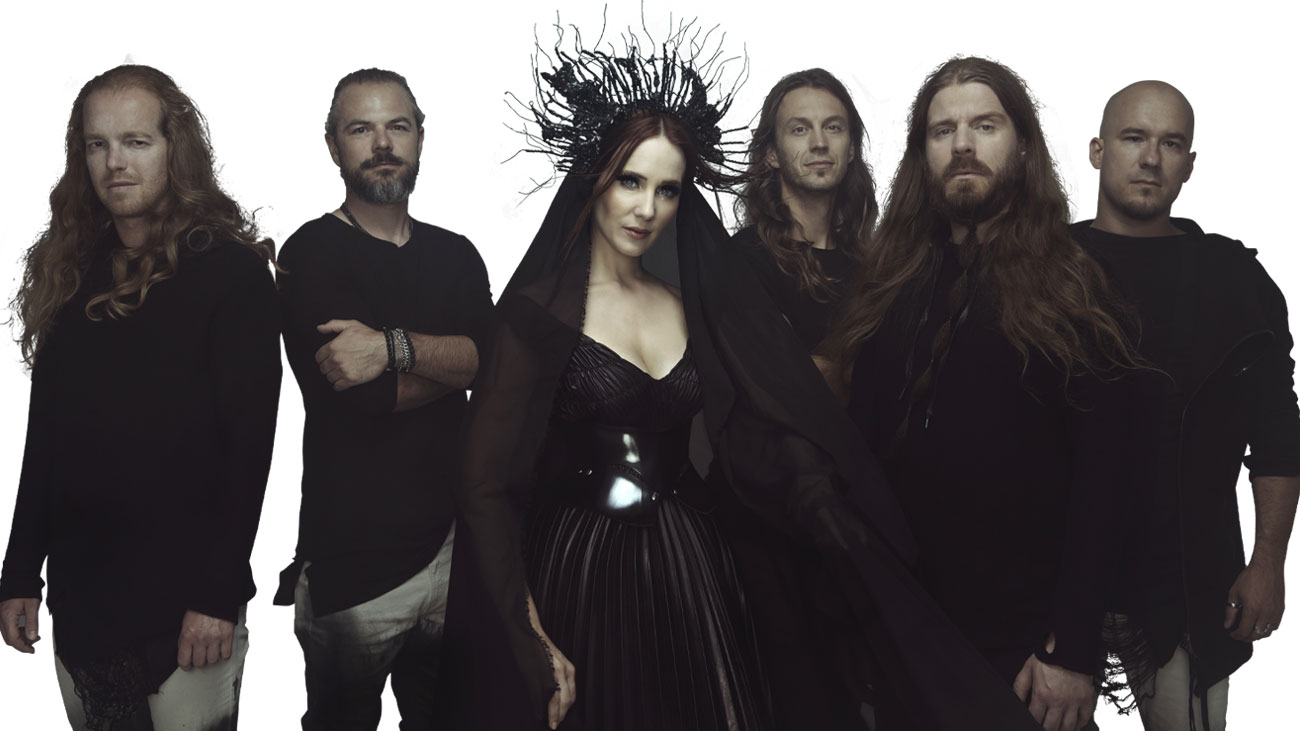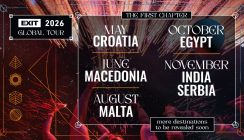This happened before, around 1810, with the rise of the Romantic movement, with Lermontov and Byron, and again around 1980, during times of crisis in Britain, when New Romanticism emerged. Every crisis produces dreams. So it is no surprise that series like “Vikings” and “Game of Thrones” have gained such popularity, and it’s no wonder that an epic, mythologized past full of strong, almost matriarchal women and powerful men holds such value. And where the epic past and Nordic genes merge, Epica emerges!
Admittedly, Epica are not, as one might think, Scandinavians, but they belong to the cultural circle of “epic Nordic neo-paganism,” much like the Russian Arkona or the Finnish Nightwish. Critics, often inclined to sort artists into boxes and shelves, say that the most accurate description of the music played by the Dutch Epica would be “symphonic metal,” which, in addition to the classic foundation of black and death metal, would incorporate elements of medieval chanting, gothic influences, Northern European folk tradition, and notably (ultra-popular and powerful) Celtic folk music, with occasional excursions into exotica, like Arabic or Chinese music. All of this is underscored by two things that make Epica so recognizable and powerful, namely the strong symphonic lines (they don’t have an actual symphony orchestra on stage, nor string players like Apocalyptica (they do have them in the studio, often!), but a wise use of synthesizers will make you feel like a host of classical musicians are backing them up) and the powerful vocals of Simone Simons. Epic, of course.
The red-haired, fair-skinned Simone seems like she just stepped out of a Northern fairytale, a notion further underscored by her appearing in a green dress, like a fairy. Her elfin voice is sometimes accompanied by the metal growls of Mark Jansen, the mastermind behind this story, and sometimes, as in the good old days when they were starting, a choir and an entire string section join in. At times, you feel as though you’re in the middle of a performance of Carmina Burana, and at other times, as though the cold wind of the Atlantic is lashing at your face while you contemplate the transience of everything under the grey sky.
It’s an understatement to say this concept has succeeded, although it took ten to twenty years to achieve real worldwide fame. It all started with their first album, “The Phantom Agony“ (2003), while with the second one, “Consign to Oblivion“ (2005), they established themselves on the Dutch scene. The third album, “The Divine Conspiracy“ (2007), was another step forward towards global fame, which they stepped into with the fourth album, “Design Your Universe“ (2009), and especially with the fifth, “Requiem for the Indifferent“ (2012), with which they “unlocked” USA and Japan. From there, everything went smoothly – “The Quantum Enigma“ (notice how even the album titles are “epic”?) from 2014 cemented their cult status, followed by “The Holographic Principle“ in 2016 and “Omega,“ their latest work from the pandemic era (2021), which is just now being promoted.
But what a promotion it has been! They have joined none other than the legendary Metallica, with whom they’ve “rocked” the recent May concerts in Paris and Hamburg, and they will do the same on June 18th in Gothenburg. If you’re intrigued by all this, check out the songs “Unleashed“ and “Storm the Sorrow.“
If you have any love for the dramatic melancholy of the North and the Middle Ages of our continent, a Dutch fairy named Simone and her (not quite fairy-like) friends will blow you away, first emotionally, and then from EXIT festival’s Gorki List Main Stage, where on July 7th they will unfurl their melodies into the summer dusk — epic melodies, of course.
Written by: Žikica Milošević






